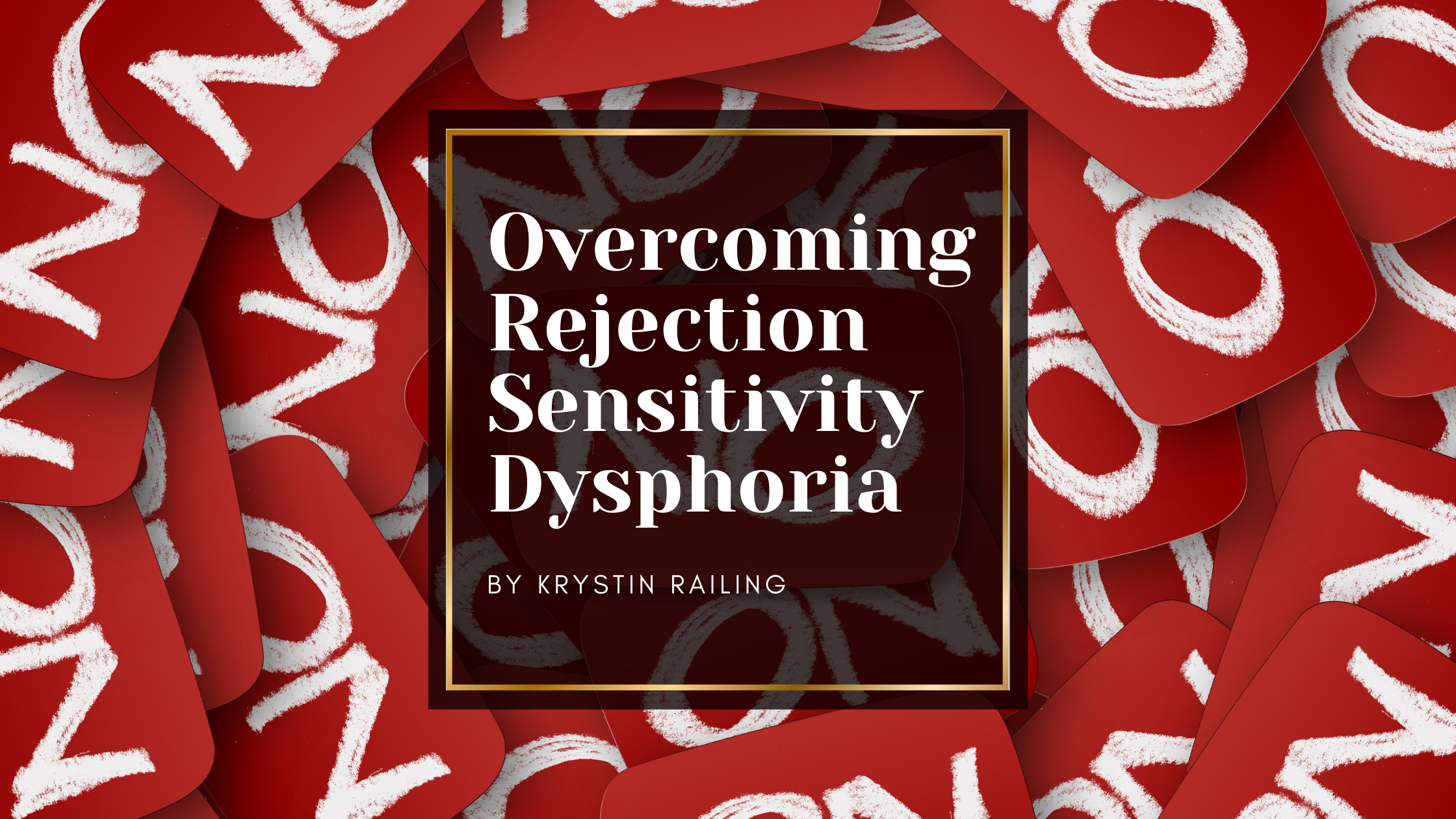Your cart is currently empty!
Overcoming Rejection Sensitivity

Something I don’t hear a lot of people talk about is Rejection Sensitivity Disorder in the Entertainment Industry! Rejection Sensitive Dysphoria (RSD) is a heightened sensitivity to perceived rejection or criticism, which can result in extreme emotional responses. Rejection Sensitive Dysphoria (RSD) can have a significant impact on professional Performers because Performers often face frequent rejections and criticisms in their profession, which can trigger intense emotional reactions in individuals with RSD.
There is no evidence to suggest that Performers are more prone to having Rejection Sensitive Dysphoria (RSD), however, individuals who are already predisposed to RSD may be drawn to careers in the performing arts, where rejection and criticism are common experiences. Performers with RSD may experience intense and overwhelming emotions in response to any perceived rejection or criticism, even if it is not intentional or may not be significant to others.
A Performer with RSD may have a negative emotional response to:
- 😭 Public criticism
- 😭 Receiving negative reviews
- 😭 Receiving negative comments
- 😭 Not getting a role auditioned for
- 😭 Lack of interest from audience
- 😭 The pressure to maintain a certain image or level of success
This can lead to: emotional responses:
- ⚠️ Sadness or depression
- ⚠️ Anger
- ⚠️ Social anxiety
- ⚠️ Avoidance of social situations
- ⚠️ Difficulty forming and maintaining relationships
- ⚠️ Feelings of low self-esteem or self-loathing
These emotional responses can lead to:
- 🚩 Avoidance of auditions
- 🚩 Fear of rejection
- 🚩 Difficulties working with directors
- 🚩 Difficulties working with other professionals in the field.
Performers with RSD may be overly sensitive to feedback and constructive criticism, which can make it challenging to improve and grow as a performer. This can hinder their ability to work collaboratively with others in the industry, leading to a decreased opportunity for professional development and career advancement.
Performers with RSD may also struggle with maintaining their mental health due to the stress and pressure of their profession. It is important for performers with RSD to do the following in order to better manage their emotional responses to rejection and criticism in their professional lives
- ✅ Practice self-care
- ✅ Manage stress
- ✅ Develop coping mechanisms
- ✅ Learn communication strategies
- ✅ Improve interpersonal communication skills
If you suffer from this, It is important to seek help and support from mental health professionals to better manage your symptoms and improve your quality of life, if needed! 💖